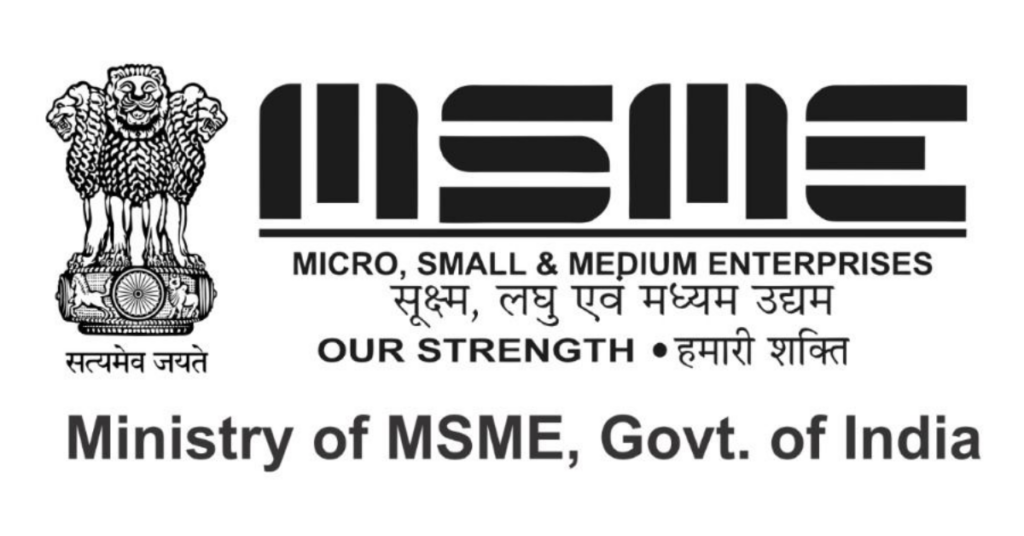
The interim Budget for FY25 has allocated Rs 22,138 crore to the MSME sector, maintaining the same level as the previous financial year.
During a pre-budget meeting on Tuesday, industry executives urged Finance Minister Nirmala Sitharaman to increase funding in the Union Budget to “facilitate skilling and upskilling” for the MSME workforce. They also called for the introduction of an employment-linked incentive scheme for labor-intensive sectors to boost job creation.
The Confederation of Indian Industry (CII) recommended that the finance ministry allocate funds to establish Hi-Tech training labs in micro, small, and medium enterprise (MSME) clusters under a public-private partnership model. Additionally, they proposed providing “skill vouchers” for re-skilling and up-skilling employees of MSMEs in new and emerging technologies.
A significant portion of the Rs 22,138 crore allocation for FY25 will be dedicated to creating more clusters and new technology centers.
In her Budget speech, Sitharaman emphasized, “It is an important policy priority for our Government to ensure timely and adequate finances, relevant technologies, and appropriate training for the MSMEs to grow and also compete globally.”
Industry leaders also urged the government to launch an employment-linked incentive scheme for “labor-intensive and high-growth potential” sectors—such as toys, textiles, furniture, and tourism—to generate jobs. They suggested offering higher incentives for the incremental hiring of women.
For instance, Wipro reported a sharp decline in its female workforce, decreasing to 68,231 employees in FY2024 from 90,721 the previous year—a drop of 22,490 employees, according to the company’s annual report.
Flexi staffing companies requested the FM to reduce the GST rate on employment services from 18% to 5%.
Flexi employees are hired for specific periods and receive benefits such as social security, standard wages, legal compliances, and registration under the EPFO. They differ from gig workers, who may not receive such benefits. Flexi employees are considered formal contractual employees under a legally bound tripartite agreement between the principal employer, the staffing company, and the worker. The principal employer contracts with a staffing company to hire flexi workers suitable for particular roles as required.
The Indian Staffing Federation (ISF), representing the staffing industry, accounts for about 30-35% of the total flexi workforce in India, estimated to be around 1.6 million.
A reduced GST rate would allow principal employers to redirect the additional cash flow towards reimbursing salaries and paying statutory contributions to employees, according to the ISF.